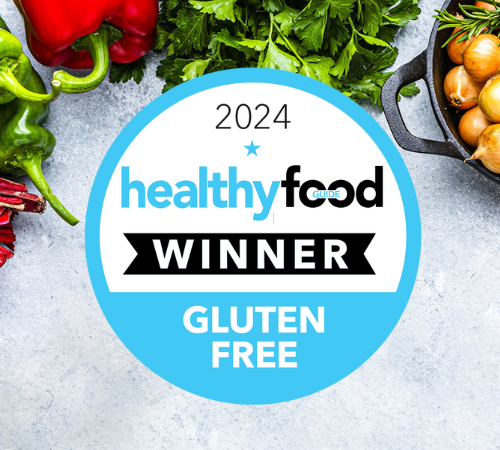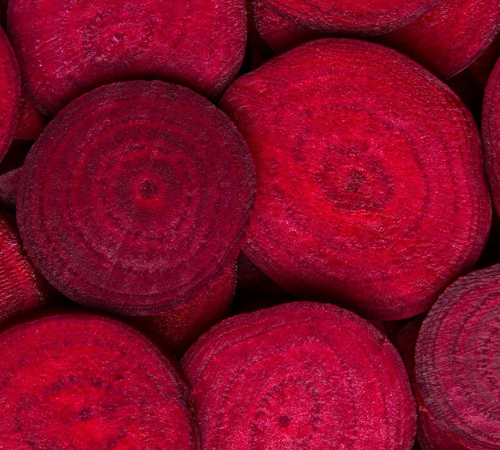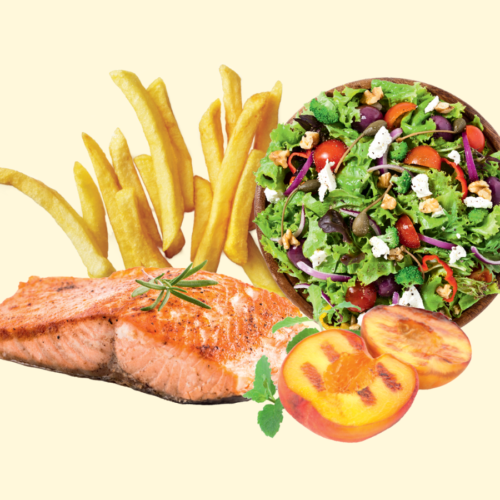
Cauliflower has been elevated to near cult status in the vegetable world, thanks to its versatile flavour and texture, which is great news because this once humble brassica has a range of health benefits.
Cauliflower is a member of the cruciferous family of vegetables, which includes Brussels sprouts, broccoli and kale.
Once upon a time, cauliflower was considered bland and boring, and was usually served boiled and smothered in cheese sauce.
These days there are so many interesting ways to cook and eat this nutritious vegetable.
Blitz it into crumbs in a food processor to use as a base for pizza, as a replacement for rice or mash, to sprinkle on top of pies and lasagnes, and to include in stir-fries.
Or try cutting it thickly into ‘steaks‘ to pan-fry, grill or barbecue. You can even roast it whole covered with a balsamic or miso glaze.
Health benefits
Blood function
Cauliflower is a source of folate which is vital for healthy blood cells, and vitamin K which helps with blood clotting.
Immunity
Folate is also important for a healthy immune system, and cauliflower provides good amounts, along with vitamin C.
Happy gut
A cup of cooked cauliflower provides 3g of your daily fibre, which is essential for a happy digestive system and healthy gut bacteria.
Heart health
The potassium in cauliflower can help keep your blood pressure from getting too high. Studies have shown that increasing potassium in the diet can reduce blood pressure and cardiovascular disease.
Cancer prevention
Like other brassicas, cauliflower contains many phytonutrients – plant-based compounds known to have anti-inflammatory and cancer-protecting properties.
Purple varieties also contain anthocyanins and orange varieties carotenoids.
5 delicious ways with cauliflower
Cauliflower and blue cheese soup
Broccoli and cauliflower steaks with fried capers
The health benefits of more foods:
Article sources and references
- Kanbay M, Bayram Y, Solak Y, Sanders PW. Dietary potassium: a key mediator of the cardiovascular response to dietary sodium chloride. J Am Soc Hypertens. 2013;7(5):395-400. doi:10.1016/j.jash.2013.04.009https://www.ncbi.nlm.nih.gov/pmc/articles/PMC4083820/
- Aburto NJ, Hanson S, Gutierrez H, Hooper L, Elliott P, Cappuccio FP. Effect of increased potassium intake on cardiovascular risk factors and disease: systematic review and meta-analyses. BMJ. 2013;346:f1378. Published 2013 Apr 3. doi:10.1136/bmj.f1378https://www.ncbi.nlm.nih.gov/pmc/articles/PMC4816263/
www.healthyfood.com










